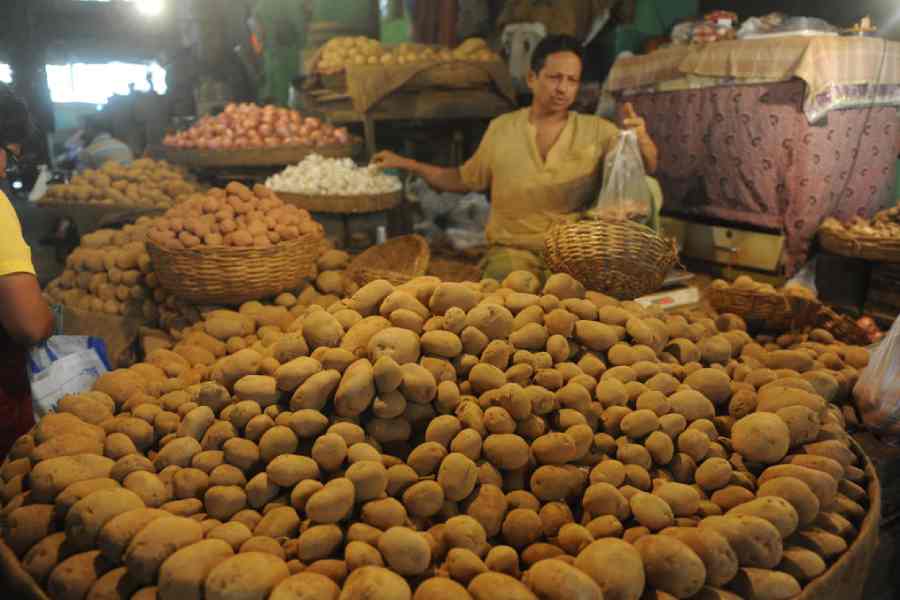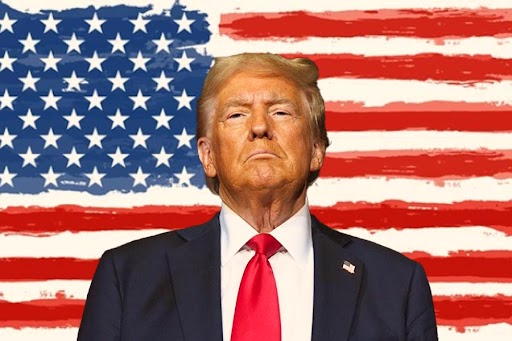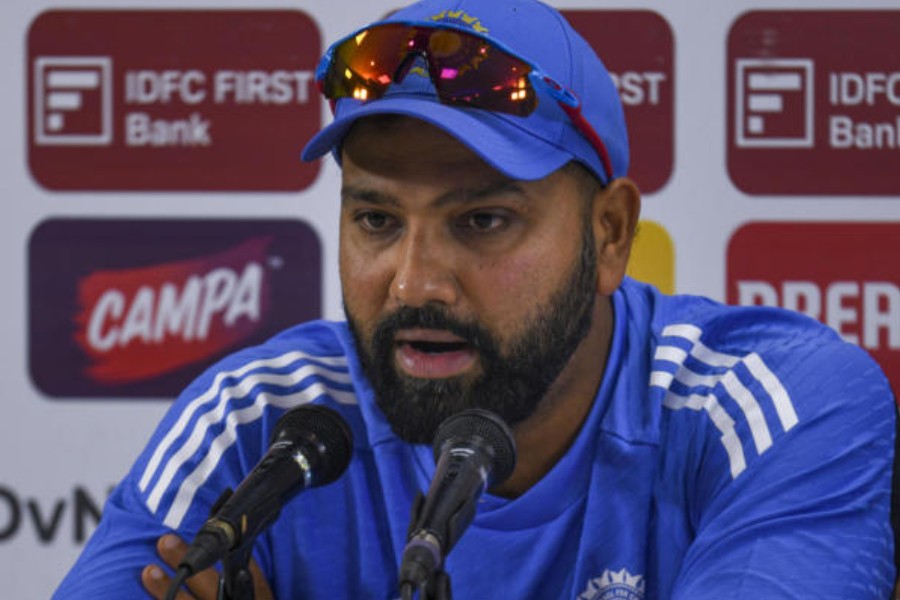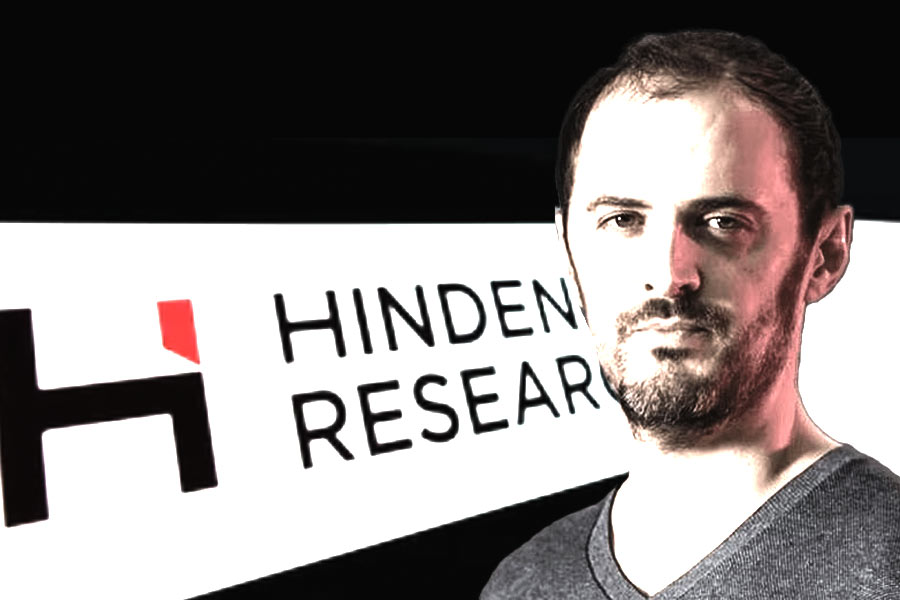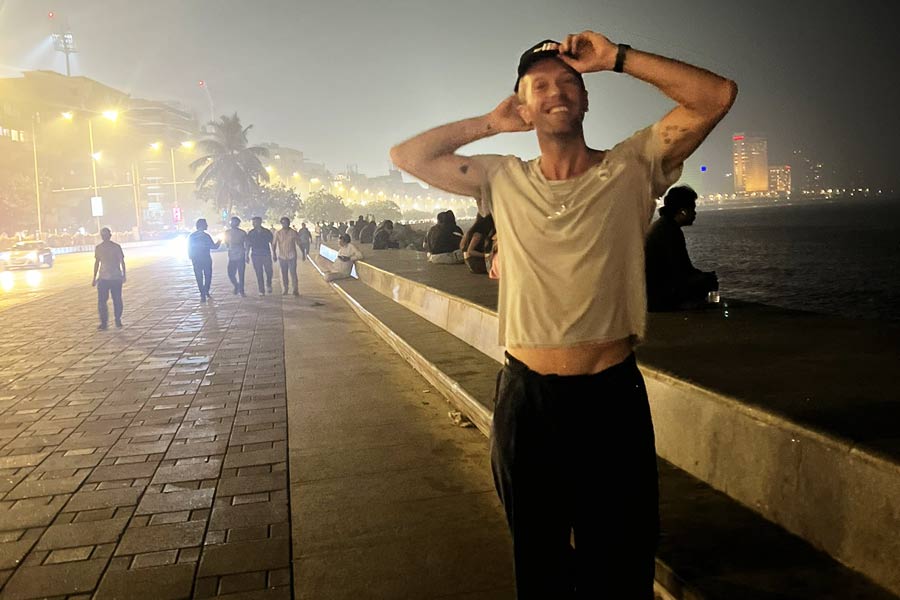Prized produce
Sir — Nothing can separate Bengalis from their beloved potatoes — not even climate change. Yet, the state’s potato yields have been falling due to untimely rains. The resultant shortage this year led to the state stopping the export of the tuber to Jharkhand and Odisha so that Bengalis could continue to consume their staple 60 lakh tonnes of potatoes annually. But with rains becoming unpredictable, even such a protectionist stance might not be enough to satiate the Bengali appetite for potatoes. Perhaps the fear of a plate of biryani without aloo might finally drive Bengalis to become climate conscious.
Shefali Saha, Calcutta
Scarred nation
Sir — Those aware of the history of the muktijuddho or the Liberation War of Bangladesh will be familiar with accounts of Hindus and Muslims fighting shoulder to shoulder (“Other side”, Dec 5). This reflected an environment of tolerance, which was conducive to the formation of Bangladesh. The present atmosphere of intolerance in that country is thus disheartening.
The Opposition in India, too, is in a sticky situation over this. It does not know whether to support the minority Hindus facing persecution in Bangladesh at the risk of upsetting Indian Muslims. The Bharatiya Janata Party, however, will certainly reap benefits from developments in the neighbouring state.
Ritojit Monodhi, Calcutta
Sir — A resident of Belgharia was allegedly assaulted in Dhaka (“Belgharia youth ‘assaulted’ in Dhaka”, Dec 2). Among all of India’s neighbours, Bangladesh shares the longest border with it. Bangladesh also has close ties with West Bengal. Many Indians thus travel to Bangladesh frequently for business and other purposes. Bangladesh also depends on the Indian healthcare industry, with many Bangladeshis coming here to avail medical facilities.
Yet, despite possessing legal documents, the Indian man was allegedly attacked in Bangladesh, his complaint was not accepted and he was denied treatment. The Union external affairs ministry must raise this issue at the highest level.
Chandra Mohan Nandi, Calcutta
Sir — Hospitals in and around Calcutta are said to be denying treatment to patients from Bangladesh. This is deeply disturbing. While anger over anti-India sentiments in Bangladesh cannot be ruled out, doctors must treat the sick and the infirm. It is immoral to turn down those in need, even if they arrive from strife-torn countries. Doctors and other health officials should pledge to help people who require treatment. Indian authorities, on the other hand, need to remain vigilant about suspicious travellers from Bangladesh.
Kamal Malaker, Calcutta
Sir — While the Hindu minority is on the back foot in Bangladesh, Muslims too have it rough in India. Mosques and Islamic structures in states like Uttar Pradesh, Uttarakhand and Rajasthan have been under attack. The Narendra Modi-led Central government should take a strong stance against violence against minorities, both in India and in Bangladesh.
Fakhrul Alam, Calcutta
Sir — The chief minister of West Bengal, Mamata Banerjee, has rightly urged the prime minister to condemn the atrocities committed against Bangladeshi Hindus (“CM to PM: Why mum on Bangla”, Dec 3). Following the controversial detention of a religious leader in Bangladesh, both countries have been rocked by recurrent clashes and protests. This has led to instability in Bangladesh. The situation can impact Indo-Bangladesh ties on key issues like trade and medical tourism. India, as a Hindu-majority nation, has a pivotal stake in this situation. Indian leaders must take it upon themselves to resolve the differences and ensure peace between the neighbours.
The BJP leader, Suvendu Adhikari, has held Banerjee accountable for alleged intruders from Bangladesh entering India. The BJP should instead claim responsibility for the many diplomatic failures of the Centre. It is ironic that this is the BJP, which had sidelined the concerns of Muslim-majority countries like Bangladesh and Pakistan during the anti-Citizenship (Amendment) Act protests in 2019 citing it as India’s internal matter, is now freely expressing dissent over the current situation in Bangladesh.
Aayman Anwar Ali, Calcutta
Sir — Narendra Modi will probably keep mum on matters of religious violence in neighbouring Bangladesh just as he has continued to demonstrate apathy towards Manipuris who have been suffering for over a year due to ethnic tensions. After the Awami League government in Bangladesh fell, Sheikh Hasina Wazed fled the country fearing violence and has been sheltered by India. India has, until now, maintained silence on the matter. But it is time for New Delhi to speak up.
The religious turmoil in Bangladesh can cause a mass migration to West Bengal. This will be detrimental to India and will affect its economy adversely. Perhaps the BJP-led Centre is afraid that speaking against Bangladeshi minorities will backfire and evoke memories of the Gujarat riots.
Pratima Manimala, Howrah

